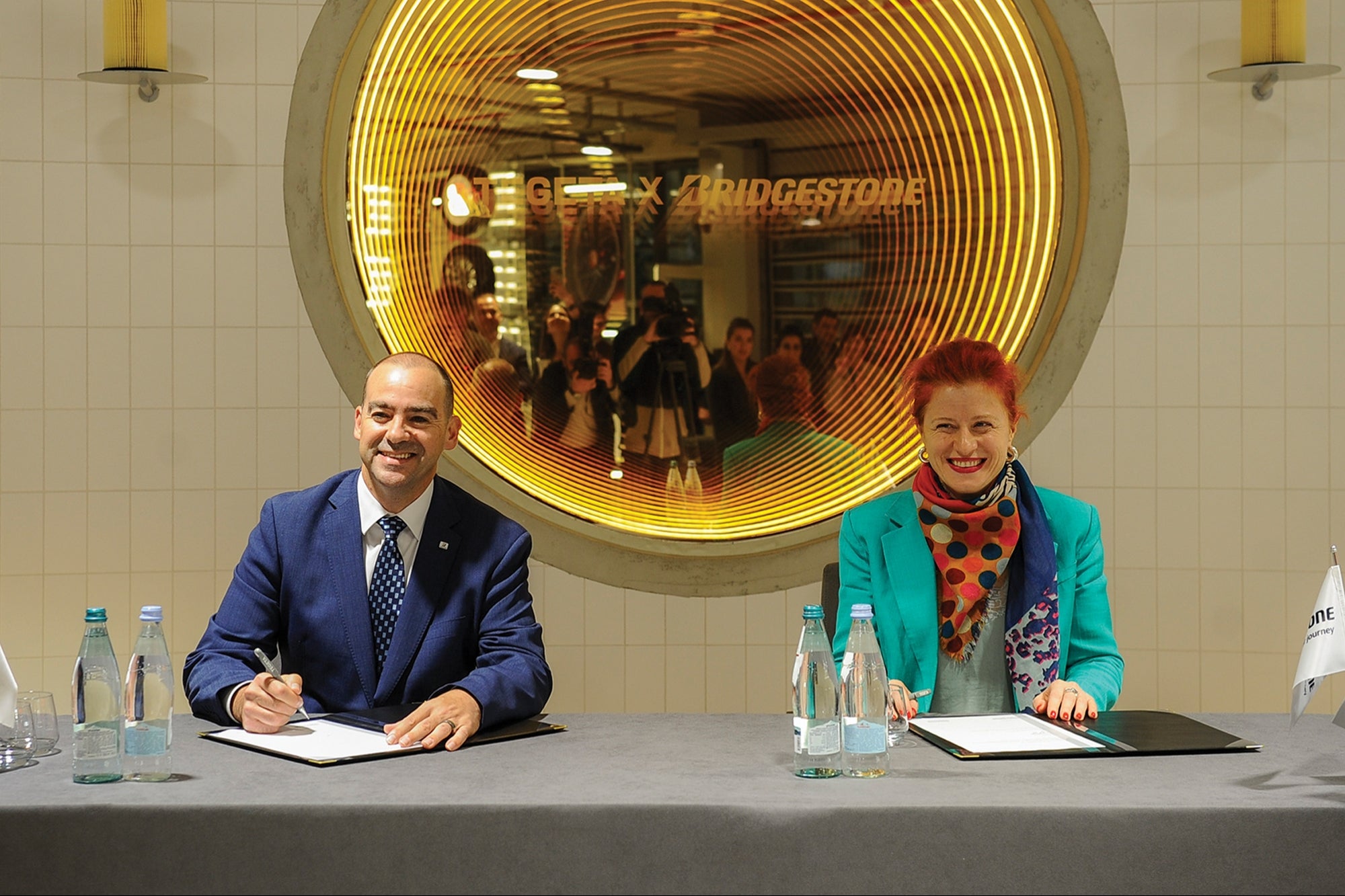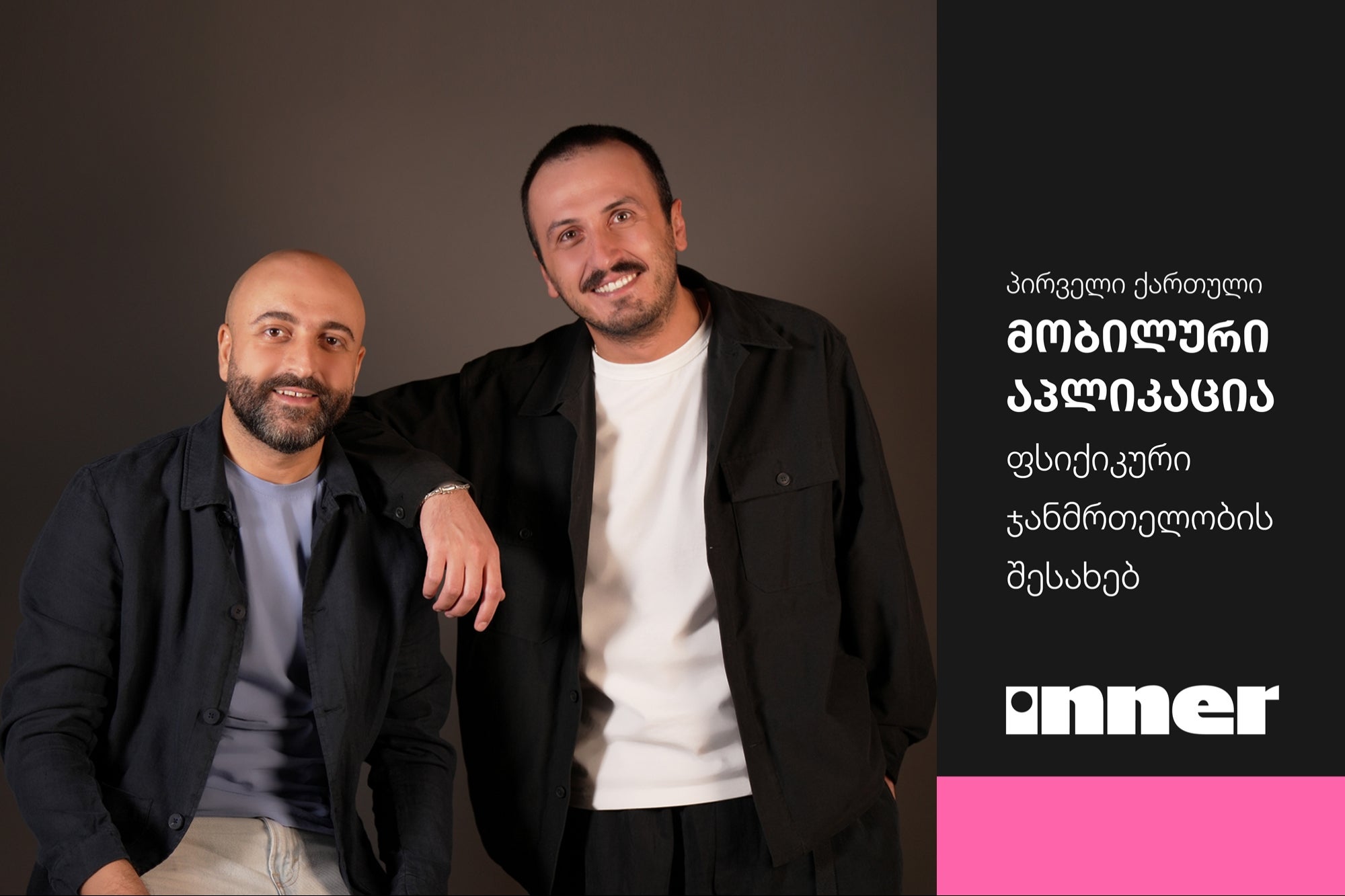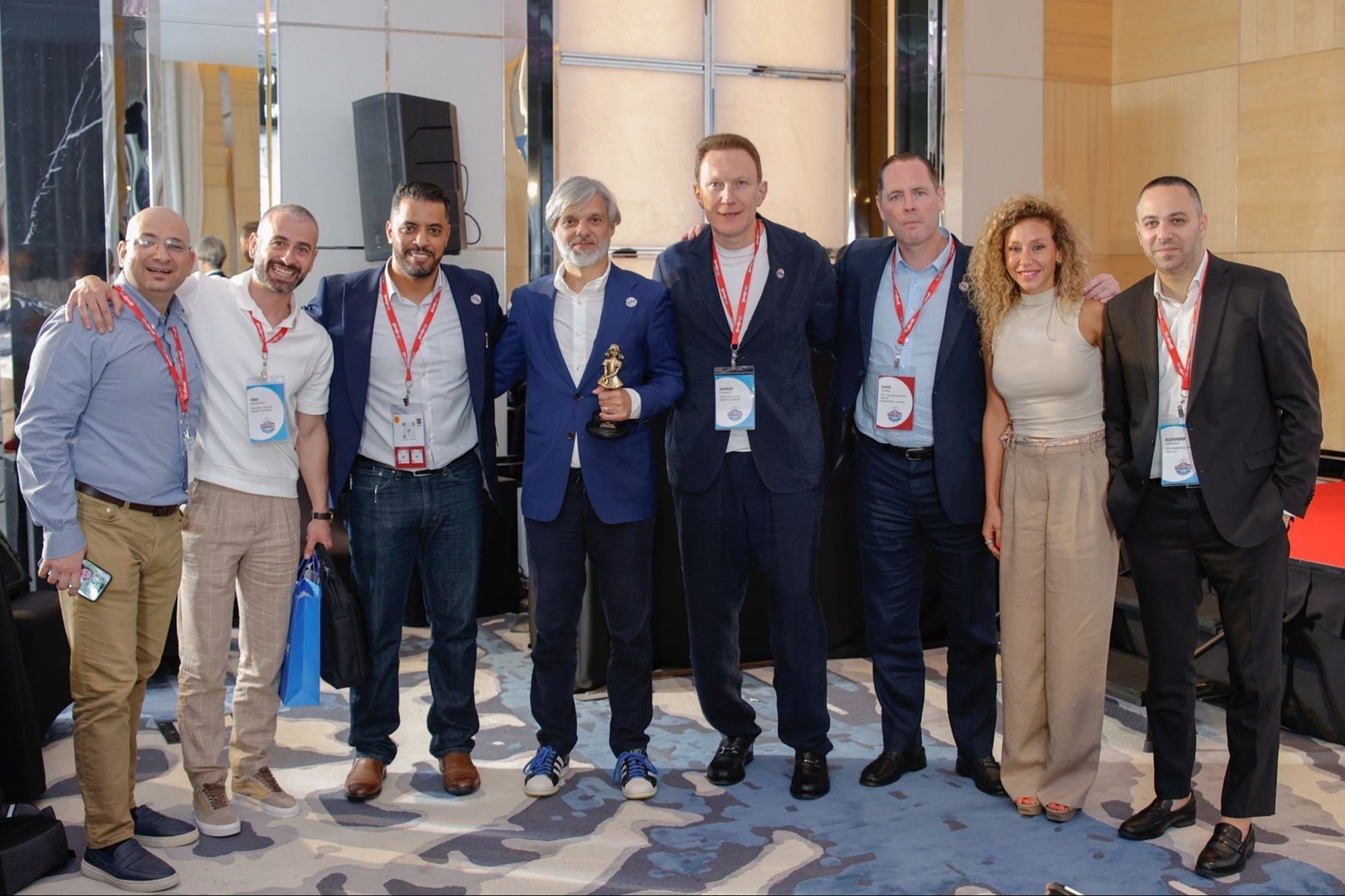All Every-stage Founders Should Act Like Marketers When you're just starting out, your personal brand is just about all your startup has.
Opinions expressed by Entrepreneur contributors are their own.
You're reading Entrepreneur Georgia, an international franchise of Entrepreneur Media.

Hey founders, got a minute? First off, big high-five on launching that startup. That's not a small feat. But now that you've set the stage, it's showtime.
Before we get ahead of ourselves thinking about big marketing teams, there's someone right here, right now who needs to step into the spotlight: You. Yes, I'm looking at you. Because guess what? Before anyone else starts marketing your startup, you've got to do it yourself.
Here's how.
You are Your Startup
When you think about the iconic brands out there, it's often a face that pops into mind. Think Jobs for Apple, Gates for Microsoft or Musk for Tesla. That's the power of founder branding. It's personal, genuine, and compelling.
And when you're just starting out you, the founders, are just about the only brand your startup has.
A brand is a crystal clear definition of why you or your business matters. Why should people choose you? Why should they believe in you? Why you?
Now, don't get me wrong, having your mom proudly share your startup achievement among her friends is sweet, but that's not it. What I'm talking about is actually investing your time and resources in creating content, building the network, and establishing relationships so that your entire network - from university pals to that acquaintance you met once at a conference - resonates with your vision and values.
That's the start of a ripple effect.
It's about laying the cornerstone for your startup's identity, and ensuring that identity resonates with the right people.
While in parallel you are building your personal brand and a network around yourself. If you spend the time to get it right, it makes everything else easier—from performance marketing to hiring to fundraising.
It's about making you and your startup not just another name, but a story people want to be a part of.
You need to be a preacher and a messiah at the same time.
You need to create and share, create and share, create and share.
Build in Public
Many years ago, founders would stay in stealth mode for many months so as to avoid "getting their ideas stolen". It's like. If your idea and execution are so easy to steal, then what's your moat? (more on moats in a bit).
No, that can't be the real reason that stopping you from sharing. I'd guess it's something else, like dealing with negativity. That's something a lot of people are scared of.
But honestly, I bet our internal negative thoughts affect our capacity to build in public even more. And that's something every founder struggles with.
I certainly do but I've found ways to deal with it.
It Starts with Honesty
The more you start thinking about what you have to say and less about what people want to hear, the easier it will be for you to put your work out there.
Start putting out whatever you think is valuable. Then learn and iterate from your audience (in the beginning these are people who you individually connect with).
Your Impostor Syndrom is Your Friend
I've always been the youngest and the least experienced (in terms of years) in the room so you could say I'm pretty close friends with the Impostor syndrome. But what I've realized is that it's exactly because of it that I have grown. They are two sides of the same coin - growth and impostor syndrome. Growth pushes us out of our comfort zone. The discomfort we feel triggers our brain's primal instinct to avoid change, and we feel like an impostor.
Perfectionism Sucks
As a founder you should know that. Nothing is perfect in a startup, nothing can be. Your product, your landing page, your marketing materials, they're gonna be all over the place and that's okay. You just need to keep iterating, right?
Approach this the same way. Wave a minimum viable strategy in place. Start executing it and you'll optimize it along the way.
P.S. - Nobody cares about your stuff being perfect that much. You're the one obsessing over it. Most of the people probably won't even notice these things.
You Need a Support Group
You need peers: individuals on the same journey as yourself. Other founders make the best support group. Why?
Because they're just as lost, confused, and close to their wits' end as you are.
Even better if you could get them to build in public and create content as well. Then you'll be having exact same challenges and you'll end up solving them together.
"But I can't write…"
Oh, don't give me that.
If you think you're smart enough to scale your startup to $100s of millions in valuation then you can SURELY develop decent enough writing skills.
Just like any other skill, it takes practice and there are always tools like Grammarly, ChatGPT, Hemmingway Writer, and stuff to help you out until you do.
Or, if you're so immersed in the illusion of being constantly "too busy" to write, you can have your apostles (ghostwriters) do the writing and content distribution part for you.
I would strongly advise you to take ownership over the whole thing though, at least in the early days. It needs to be your voice.
So, I say build in public. As public as you can. Keeping everything to yourself and expecting eventual success is a fallacy: public exposure is often the prerequisite for the success you seek in private.
In fact, hiding your work and building in private is the risky approach to entrepreneurship. Not sharing anything with your future customers or current founder peers makes you prone to trust your own unvalidated assumptions.
Founder Brand as a Moat
There's a classic debate in the startup world over whether a brand is a moat. In other words, can a company's competitive differentiation come from its brand?
Yes and no.
Now remember we're talking about the early-stage startups here.
I'd say at that stage your startup's brand doesn't matter that much. What matters is the founders' brands. Founders are the real moats in early-stage startups. That should be a universal truth, but for some reason, founders tend to disregard their personal brands.
One question that every value investor asks is "Why you?"
The answer to that is in your personal brand.
Fundraising is Easier for the Founders With Robust Personal Brands
Here's why:
- Easier Outbound Access to Investors: Investors are more likely to engage with founders they recognize and trust OR the ones that they can ver through auditing their content.
- Inbound Investment Leads: Yes, people actually start reaching out and offering investment deals.
- Faster Due Diligence: The higher the credibility, the faster and the easier the due diligence is.
- Higher Valuation: Investors pay a premium for startups led by respected and influential founders.
Honestly, founders' personal brands work marvels for fundraising.
But you need a proper platform to build your brand on, right?
You Have Platform, You're Just Not Using It Properly
I can't stress enough just how much of a difference it makes when founders and team members are actively creating content on LinkedIn.
You're not just the brains behind the operations; you're the heartbeat of the brand. This is why building a personal brand that aligns and complements your startup is so important.
It's not about ego or self-promotion; it's about creating a narrative that resonates with your audience, partners, and investors.
Don't do LinkedIn ads. LinkedIn ads generally perform terribly.
LinkedIn organic, however, has a surprisingly high ROI. Many marketers don't realize that LinkedIn posts attract enough engagement to single-handedly drive top-of-funnel strategies. Why? Because LinkedIn still remains a content-deficient platform: there are too few creators.
But let's put that aside for a second. Instead, look at LinkedIn as your stage.
Here's my brief LinkedIn playbook:
- Optimize Your Profile: Approach it as you would a landing page. Ensure it's compelling and clearly represents your expertise, and product and provides a relevant CTA.
- Post about:
- Whatever updates you have.
- Whatever problems you're encountering.
- Whatever new and exciting thing you discover about your market.
- Basically anything and everything that's valuable. Your journey, your insights, your story - they're gold. Just share it.
- Engage with people:
- Identify Influencers: Zero in on 10-15 budding content creators aligned with your topics.
- Daily Interactions: Engage with their content regularly to stay visible and relevant.
- Talk to people:
- Strategic Outreach: Initiate connections with pivotal individuals in your industry.
- Casual Conversations: Schedule 2-3 informal chats weekly to foster genuine relationships.
All these things might seem small, but they compound. Believe me, building a personal brand does marvels.
If you want something more comprehensive. Here you go (Zoom In):
And saying that you have no ideas for content is a bullshit reason.
As a founder, by definition – you are creating. If you're creating then you have things to share. If you think they're not worthwhile to share, then you're creating shitty stuff.
But assuming your stuff is great – start sharing it.
Brand-building Through Networking
LinkedIn is a goldmine for sure but the world's bigger than your LinkedIn feed.
Branding isn't limited to sharing posts or heart-reacting to someone's 'work anniversary'.
If you're a founder, you've got stories, insights, challenges, and solutions. And all of these deserve a grander stage.
Getting featured in podcasts, and newsletters, doing pitch competitions, or just going to networking events – are all great ways to build your personal brand.
But it's not easy I know. I'm having a hard time "getting out there" and networking with people. My two other co-founders, not so much. Still, I do recognize the immense value in these things, even though they're not necessarily my personal channels of choice.
There's something about a face-to-face chat, the spark in an eye, the firmness of a handshake, or simply sharing a coffee, that can lead to partnerships, collaborations, and friendships that last a lifetime.
But one thing to remember is to always network with intention. Seek not just followers, but mentors. Because in the world of startups, advice always trumps applause.
Conclusion...
CEO? COO? C-whatever-O. If you're a founder at your core, you're a marketer. Your product's first, loudest, and most authentic cheerleader.
Every post you write, every article you publish, every connection you make – look at it as a part of building not just a startup, but a brand.
And hey, if doesn't work out this time? Well, with all the effort you've put into your personal brand, you'll be all geared up for the next big thing.
A personal brand is an investment, not a cost.










